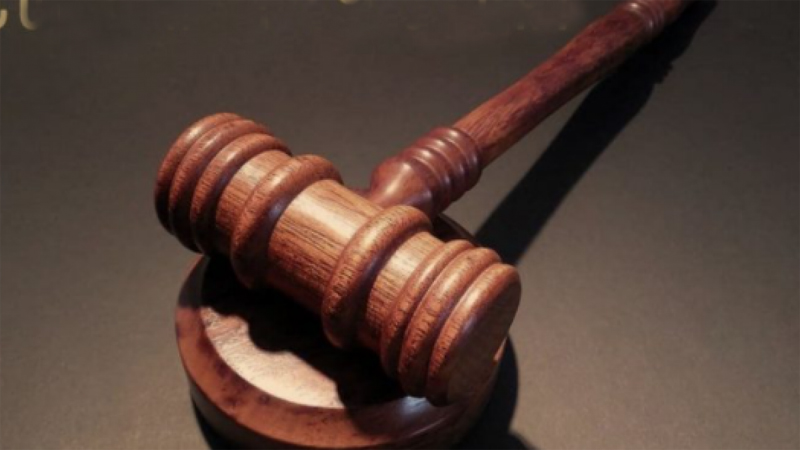*Says it can’t assume role of appellate authority
‘Intervention only in case of violation of principles of natural justice’
Mohinder Verma
JAMMU, Aug 29: The High Court of Jammu & Kashmir and Ladakh today held that Special Tribunal is the final arbiter in building laws’ violations and Writ Court cannot assume role of an appellate authority by re-appreciating the evidence and intervenes only when Tribunals assume jurisdiction which they don’t possess or violate principles of natural justice.
The court of Justice Wasim Sadiq Nargal was dealing with a writ petition filed by the Building Operation Controlling Authority through the Joint Commissioner, Municipal Corporation Jammu seeking quashing of order passed by J&K Special Tribunal, Jammu whereby the violations in respect of residential construction were compounded.
After hearing Advocate Rajnish Raina for Building Operation Controlling Authority and Senior Advocate R K Jain with Advocate Pranav Jain for Nageen Ara, Justice Wasim Sadiq Nargal observed, “the sole function of the Writ Court is to correct the persons or Tribunals or Tribunals exercising judicial or quasi-judicial functions when they assume jurisdiction which they do not possess, or when they refuse to exercise jurisdiction which is vested in them by law, or when in the exercise of their jurisdiction they violate principles of natural justice”, adding “this court while exercising the writ jurisdiction cannot go into the disputed question of fact as all the questions of facts have been dealt in detail by the Tribunal by adducing the evidence by passing a reasoned order”.
He further observed, “the issue whether this court while exercising the power as a Writ Court can go into the questions of fact is no more res integra and can’t assume the role of an appellate authority by re-appreciating the evidence to ponder as to what sort of violation has been committed in raising of construction. All these things can well be considered and appreciated by the Tribunal which can go into questions of fact after thorough enquiry”.
Holding that Tribunal is fully competent to compound the violation keeping in view its nature and this court while exercising the writ jurisdiction cannot upset the findings of the Tribunal based on appreciation of evidence, Justice Nargal said, “the Tribunal is a final arbiter in such like matters. It goes without saying that the writ jurisdiction is invoked mainly where fundamental rights are infringed and for violating of legal rights too, such jurisdiction may be invoked only in the eventuality, where the alternate remedy is not available”.
“From a bare perusal of the statutory provisions/regulations, it is manifestly clear that once the appeal is decided by passing a final order, then there is no further remedy for the aggrieved party as envisaged under Section 15 of the Act and the order passed by the appellate authority is final and shall not be called in question in any suit, application or execution proceedings”, High Court said, adding “the law makers have deliberately not provided any further remedy against the order of the appellate authority with the sole object that the proceedings should culminate finally before the Tribunal and the sword should not keep hanging on the person who has allegedly violated the provisions of the Act and he/she should have a sigh of relief”.
“Thus, unauthorized construction once compounded by the Municipal Authorities has the status of authorized construction and no proceedings in respect thereof can be initiated on the premise that the same is illegal and unauthorized by resorting to filing of writ petition under Article 226 of the Constitution of India”, High Court said.
Justice Nargal further said, “this court does not have any mechanism or yardstick to go into the question of fact by conducting enquiry with respect to the fact whether there is any minor or major violation, as alleged by the petitioner”, adding “this court can’t assume the power/role of Commissioner to go on spot to verify whether it is major or minor violation, which falls within the realm of disputed question of facts and the Tribunal being the arbiter in such like matters has the final authority and the finding recorded by the Tribunal can’t be upset in writ jurisdiction”.
With these observations, High Court rejected the petition and upheld the order passed by J&K Special Tribunal, Jammu.


